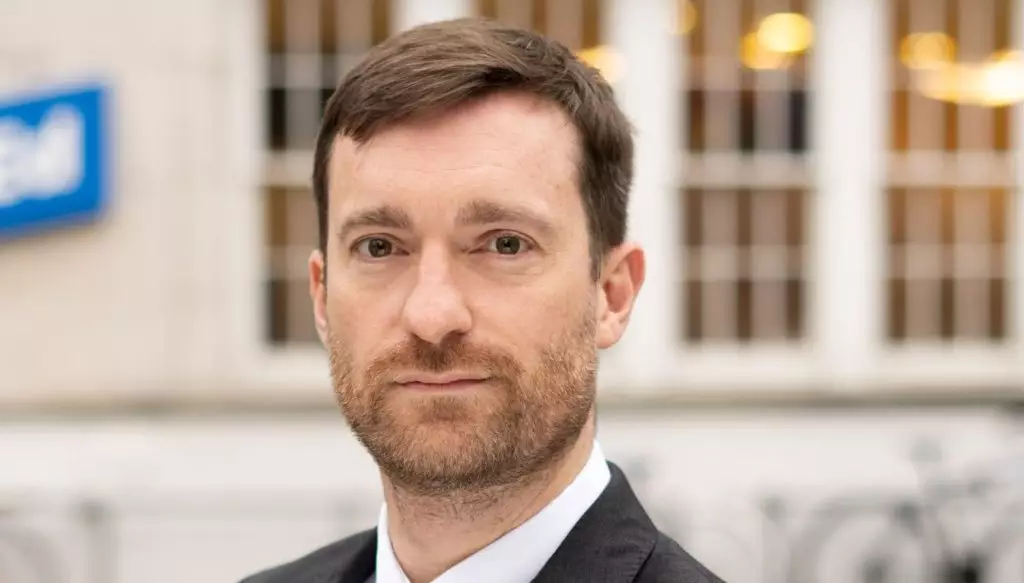ArtsEd, one of London’s premier drama schools with a rich legacy bolstered by the support of notable figures such as Andrew Lloyd Webber, has recently faced a significant upheaval marked by allegations of a hostile working environment. The school’s legal settlement with whistleblower Matthew Bulmer has thrown a spotlight on the challenges inherent in upholding institutional integrity while managing internal crises. The matter reflects deeper systemic issues and raises questions about the structures and leadership that govern educational institutions.
Matthew Bulmer, who served as the head of ArtsEd’s Day School and Sixth Form (DSSF), became a pivotal figure in this narrative when he voiced concerns about the leadership style of former principal Julie Spencer. According to Bulmer, a “culture of fear” pervaded the institution, manifesting in distress among staff who reportedly approached him in tears after interactions with Spencer. The crux of Bulmer’s complaint centers on the emotional toll this environment took on educators and students alike, echoing sentiments expressed in a comprehensive Deadline investigation that unveiled allegations of bullying directed towards both staff and students by Spencer.
Bulmer’s termination in August 2023 ignited legal proceedings, reflecting not only personal grievance but also the broader implications this situation had for ArtsEd’s reputation. The tribunal brought to light the need for institutions to foster environments where concerns can be raised without fear of retribution—a foundational principle for any organization aiming to thrive in the long term.
Initially, ArtsEd’s administration stood by Spencer, vehemently denying the allegations cast upon her. However, as public pressure mounted from parents and stakeholders, coupled with detailed reports from Deadline—including audio of Spencer disparaging students—ArtsEd was compelled to initiate an independent investigation led by barrister Ghazaleh Rezaie. The findings of this inquiry proved damning, identifying a hostile and “unhealthy environment” under Spencer’s directorship.
This shift highlights a critical lesson learned: the importance of addressing accusations of misconduct swiftly and transparently. In the wake of Rezaie’s findings and Spencer’s resignation, ArtsEd’s leadership began to acknowledge the need for introspection and reform, admitting the “important lessons” learned throughout this tumultuous period.
The board’s statement post-settlement reflected a nuanced understanding of the complexities involved in leadership dynamics. They recognized Bulmer’s good faith in raising concerns and the vital role that open dialogue plays in maintaining the institutional welfare. Expressly, the board noted how Bulmer’s insistence on addressing the management structure and its impact on moral and educational standards constitutes a commendable pursuit of excellence rather than a mere complaint.
This incident poses an essential query: How can educational institutions create safe and supportive environments where faculty and students feel empowered to speak up? The repercussions of ignoring such concerns can lead to far-reaching consequences—not just for individuals like Bulmer but for the institution’s credibility and future.
Moving forward, ArtsEd faces the dual challenge of rebuilding trust within its community while defining a clear vision for leadership rooted in transparency and accountability. As they seek to replace Spencer, the choice of her successor will be pivotal in signaling whether the institution is committed to genuine reform or merely attempting to restore the status quo.
ArtsEd’s reluctance to publicly comment on the settlement and Bulmer’s experiences can hinder their efforts in fostering a renewed commitment to ethical practices. A proactive approach that includes regular feedback mechanisms, support systems for faculty and students, and a reexamination of management policies may prove instrumental in preventing similar crises in the future.
While ArtsEd’s legal resolution with Bulmer marks a chapter closed, it should serve as an impetus for sustained internal reflection and progressive change. The challenges that surfaced during this ordeal are emblematic of broader issues prevalent in many educational institutions and demand perpetual attention to uphold the standards of excellence and integrity that define the arts community.


Leave a Reply